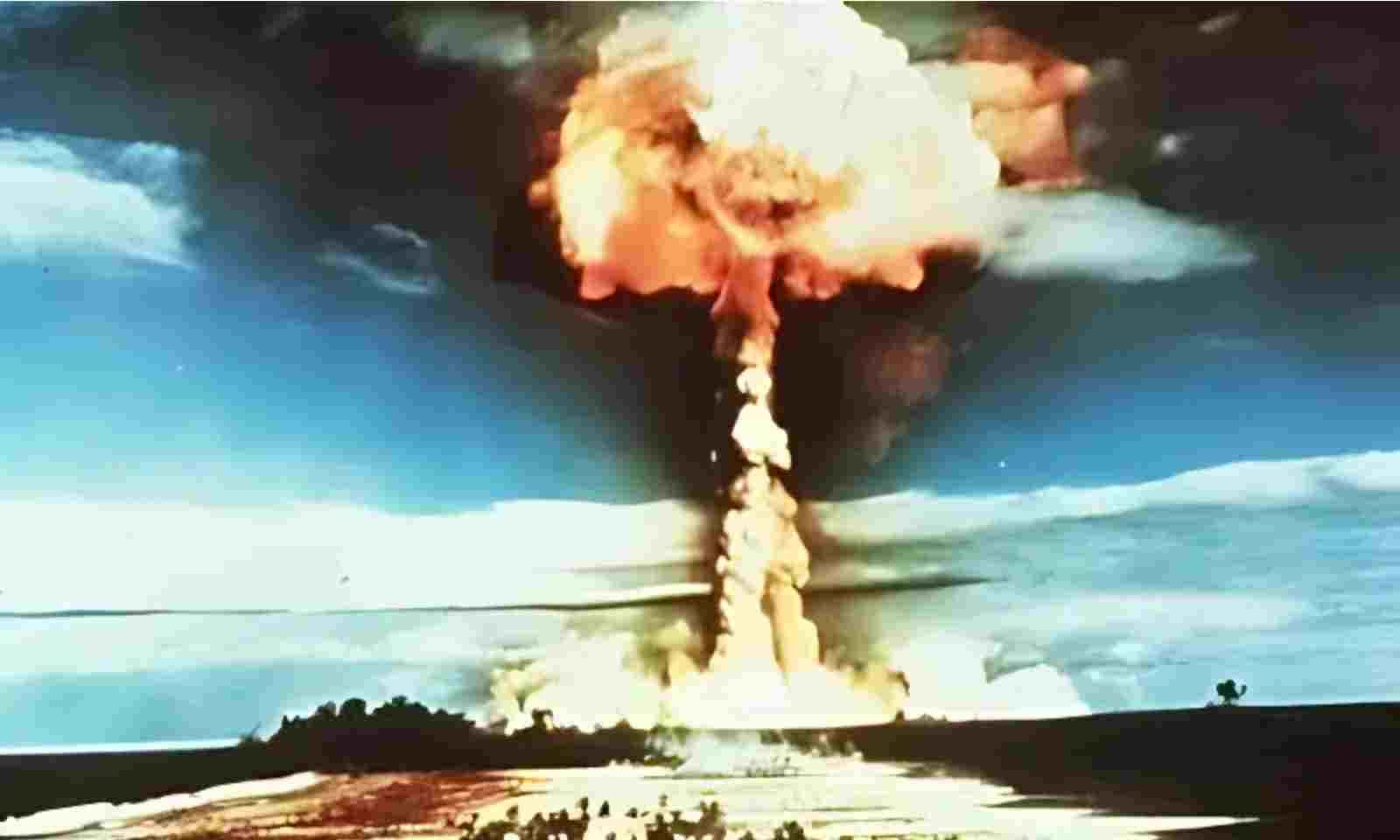

Senator David Anitok, of the Marshall Islands.
Photo/RNZ Pacific/Mark Rabago
Pacific nations renew call for human rights agencies to confront nuclear testing legacy
Decades after nuclear tests, the region is calling for independent bodies to protect health, environment, and community rights - shifting the focus from history to action.


Digital Lifeline: New app helps Sāmoans abroad reclaim their heritage

Northern Mariana Islands smash regional barriers with historic Auckland bronze

Sāmoa tightens control of district funds with new seizure powers

Tyrun re-imagines Niuean love in smooth new R&B single ‘Fila’

Digital Lifeline: New app helps Sāmoans abroad reclaim their heritage

Northern Mariana Islands smash regional barriers with historic Auckland bronze

Sāmoa tightens control of district funds with new seizure powers
Pacific island nations are renewing calls for stronger human-rights frameworks to address the ongoing impacts of nuclear testing in the region.
RNZ Pacific reports that lawmakers from across the region gathered this week at the Association of Pacific Island Legislatures (APIL) meeting in Saipan, in the Northern Marianas, to push for the creation or strengthening of national human rights commissions.
“Our people in the Marshall Islands carry voices of our lives that are shaped by this nuclear legacy,” Senator David Anitok told the general assembly.
“Decades later, our people still endure many consequences, such as cancer, displacement, environmental contamination, and the out-migration of families seeking safety and care abroad.”
Senator Shelten Neth of Pohnpei says, “Enough is enough. Let’s stop talking the talk and let’s put our efforts together… Spreading of the nuclear waste is not only confined to the Marshall Islands, and I'm a living witness.”
For decades, the legacy of nuclear testing has been framed mainly in historical or environmental terms.
But Pacific lawmakers are now highlighting human rights concerns, the rights to health, development, and a safe environment.
The United Nations Human Rights Office (UNHRC) supports the move, noting in a statement that the nuclear-testing legacy remains “a global issue with far-reaching human-rights implications” years after tests ended.
Civil-society groups in the Pacific also support UN resolutions calling for state accountability and victim assistance.

A file photo of French nuclear testing in the Pacific. Photo/Comprehensive Test Ban Treaty Organisation
Building institutions, not just seeking redress
The experts believe that what sets this moment apart is the emphasis on creating independent institutions that can monitor and address nuclear testing impacts. Lawmakers are calling for commissions that can:
Investigate and monitor health and environmental impacts,
Interface with international human-rights mechanisms, and,
Influence future policy and protect communities from ongoing harm.
Anitok says the commissions must be “independent, inclusive, and empowered to tackle the nuclear testing legacy, issues of injustice, displacement, environmental degradation, and governance.”
Why it matters
For Pacific nations, building local human rights bodies means taking ownership of justice. It moves the conversation beyond apologies or compensation, focusing on long-term solutions and institutional capacity.
For former nuclear-testing powers and international partners, it signals a demand for engagement that supports local, independent human-rights frameworks, not just funding or infrastructure.
Questions remain - experts
Will Pacific parliaments pass legislation to establish or strengthen human-rights commissions?
Will regional bodies like the Pacific Islands Forum coordinate collective responses?
How will countries responsible for past testing respond to these institutional demands?
The Pacific’s nuclear-testing legacy is now an ongoing human rights challenge, and lawmakers are making clear that real action and strong institutions are the way forward.